9 things you should know about Qatar, one of the world’s richest countries
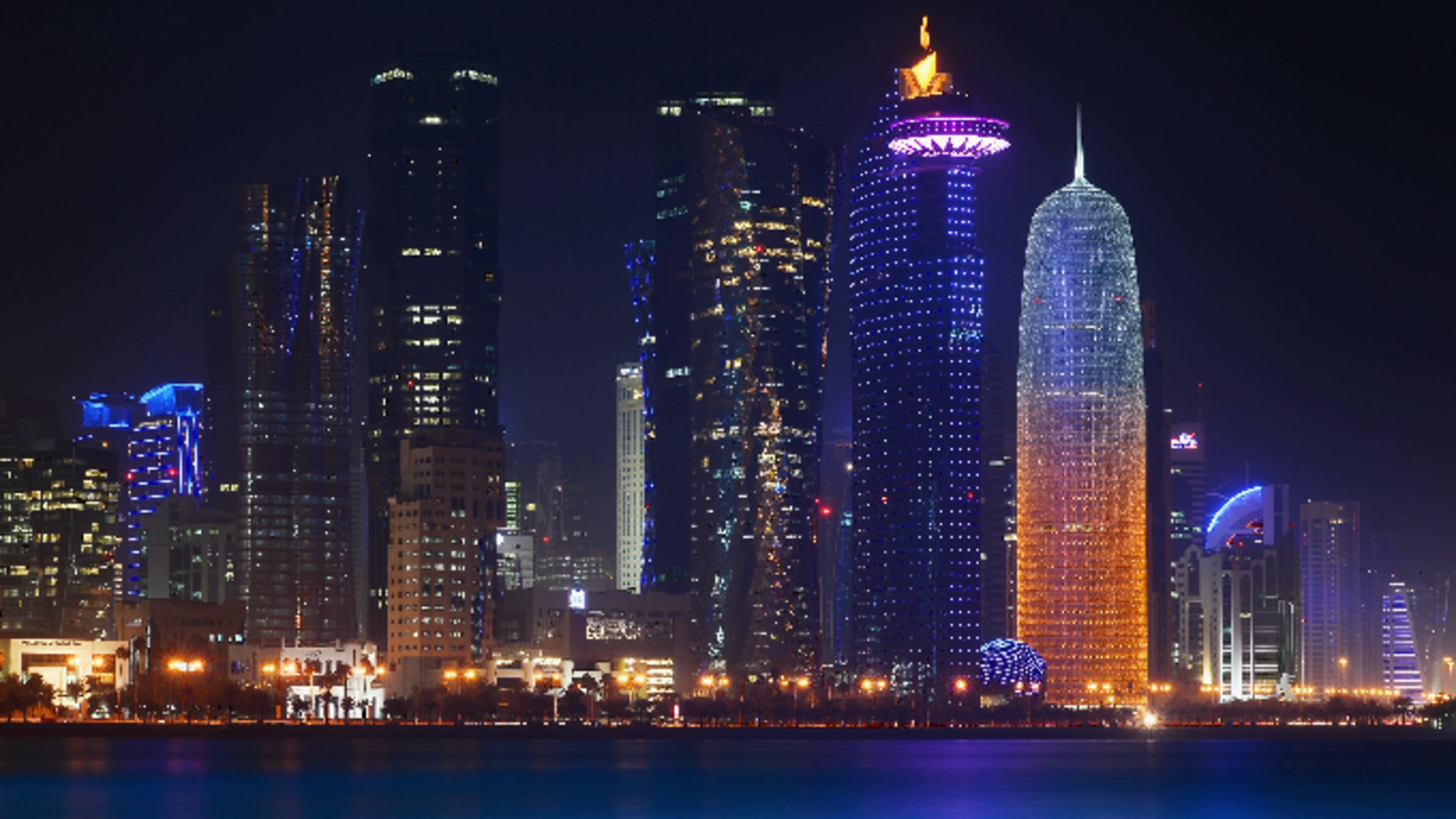
The small Middle Eastern state of Qatar, which borders the Persian Gulf and Saudi Arabia, is in the middle of a regional crisis amid accusations of supporting terrorist groups.
Here are nine things to know about the small, energy-rich country of Qatar:
1. There are way more men than women — and way more foreigners than Qatar-born residents.
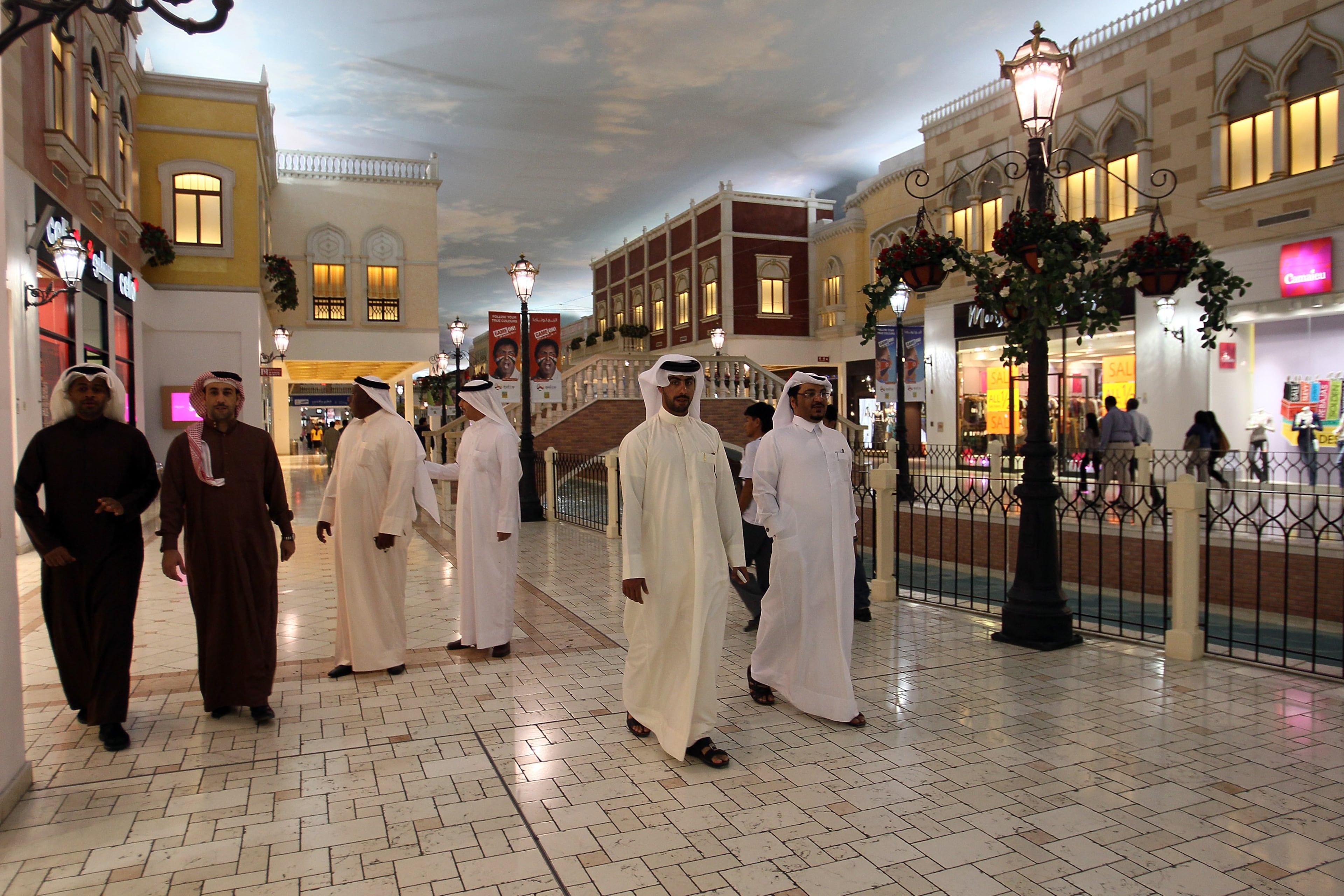
Qatar is home to approximately 2.7 million residents and, according to BBC.com, that number includes less than 700,000 women.
The extreme disparity is primarily due to the fact that Qatar, like many other countries in the region, attracted many male migrant workers from South Asia following its oil boom in the 1970s.
In addition, foreign migrants amount to about 88 percent of the total population.
2. Qatar used to be one of the poorest Gulf states, until the oil boom.
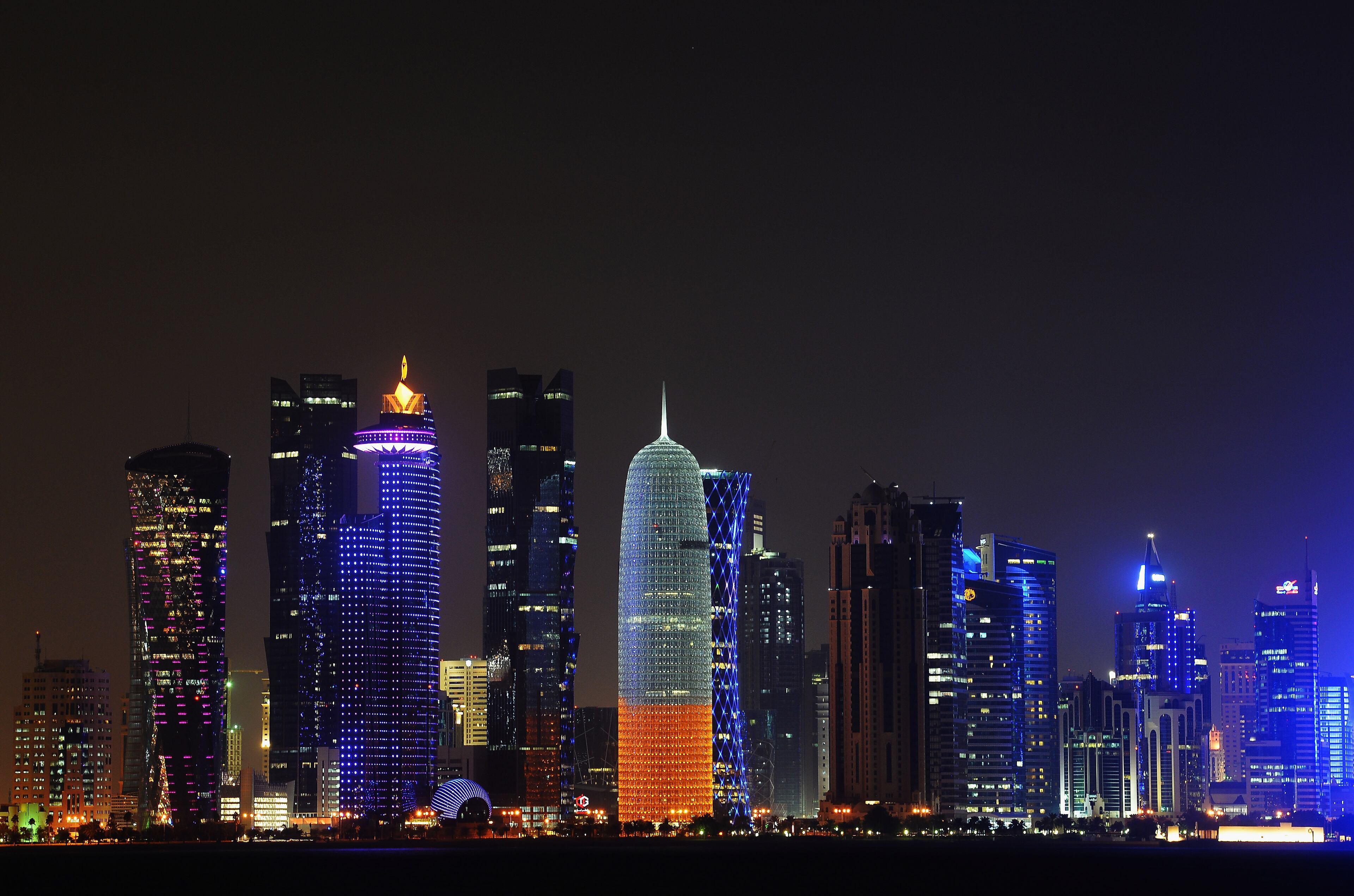
Before World War II, Qatar was one of the world’s poorest and smallest nations — its main source of revenue came from pearling and fishing.
But as oil reserves were discovered and developed in the 1940s, the country and its high per capita incomes became more and more attractive to expatriates.
Migrants (mostly from South Asia) changed everything — now making up about 94 percent of Qatar's workforce, The Guardian reported.
Today, Qatar has one of the world’s largest reserves of oil and natural gas and is one of the richest countries in the world.
3. It is considered an absolute monarchy.
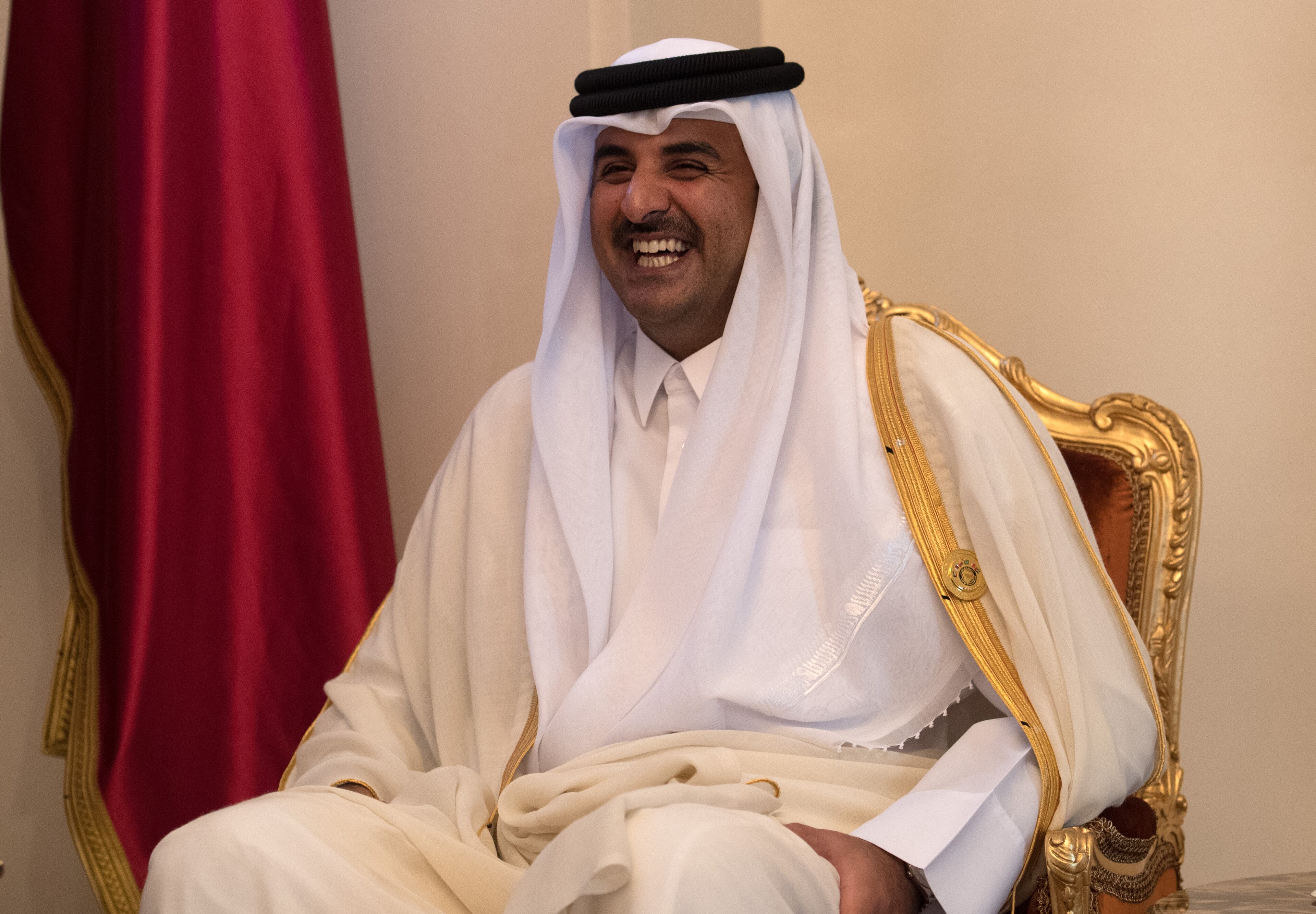
Qatar is a monarchy headed by the emir, who is the head of state and commander-in-chief of the armed forces. The current emir is Sheikh Tamim Bin Hamad Al-Thani, who took over the role from his father in June 2013.
The nation has been ruled by the Al-Thani family since the mid-19th century.
While the emir has all executive authority, Qatar nominally follows the belief that people are the source of power, with its government based on the separation of powers through an executive council of ministers, legislative advisory council and judicial courts of law. However, the emir directly appoints all executive and legislative officials and all laws must be approved by him, having repeatedly delaying the direct elections called for under the constitution.
According to the national constitution established in 2005, Qatar is an independent sovereign Arab state with a democratic political system in which Sharia law is the main source of legislation.
4. Qatar is home to some big-name companies.
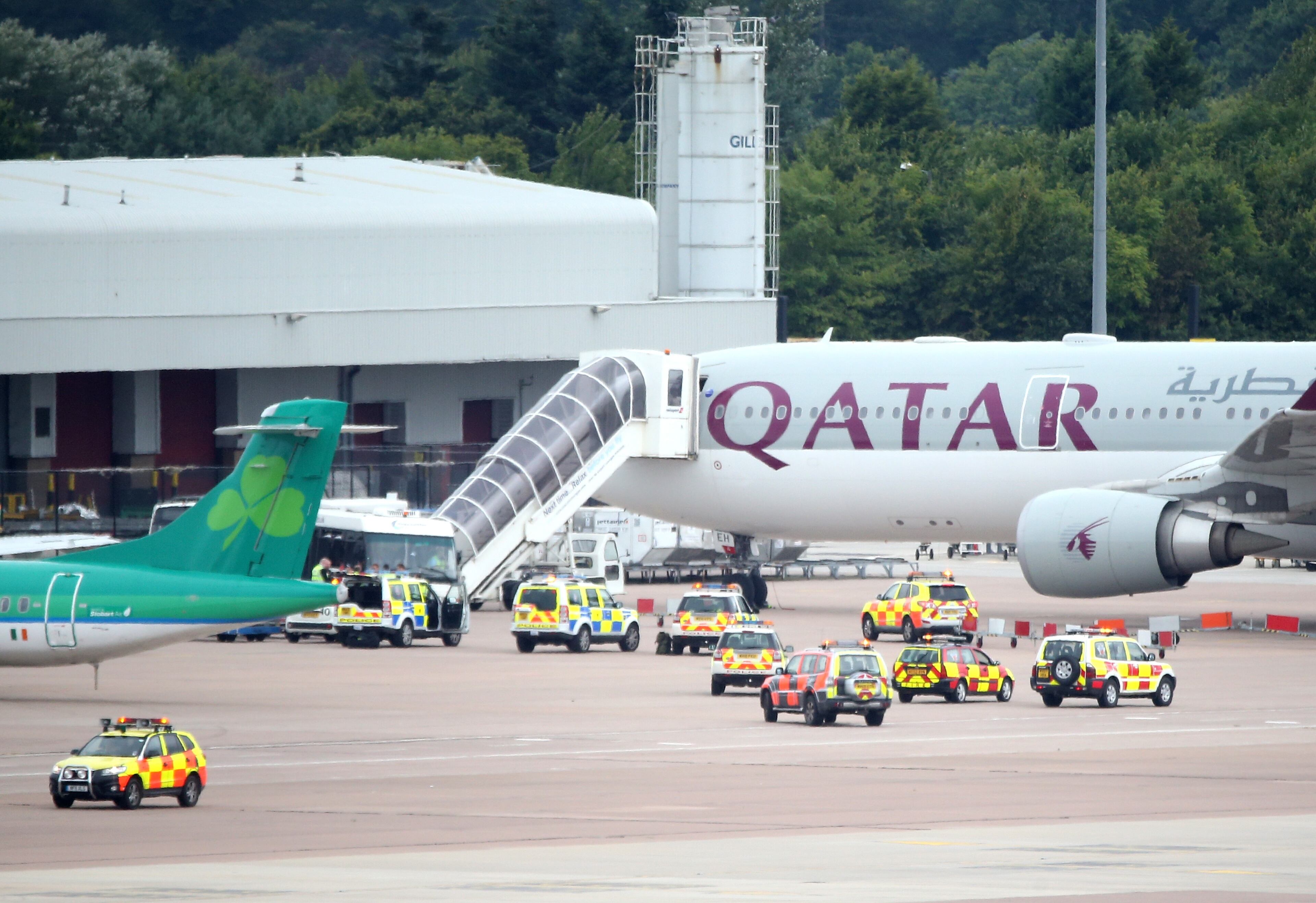
The nation is ranked the No. 54 best country in the world for business by Forbes and home to popular companies such as Qatar Airways, Al-Jazeera newspaper and the Qatar Investment Authority, which owns stakes in Volkswagen, Porsche and more.
5. It won the bid to host the FIFA World Cup in 2022.
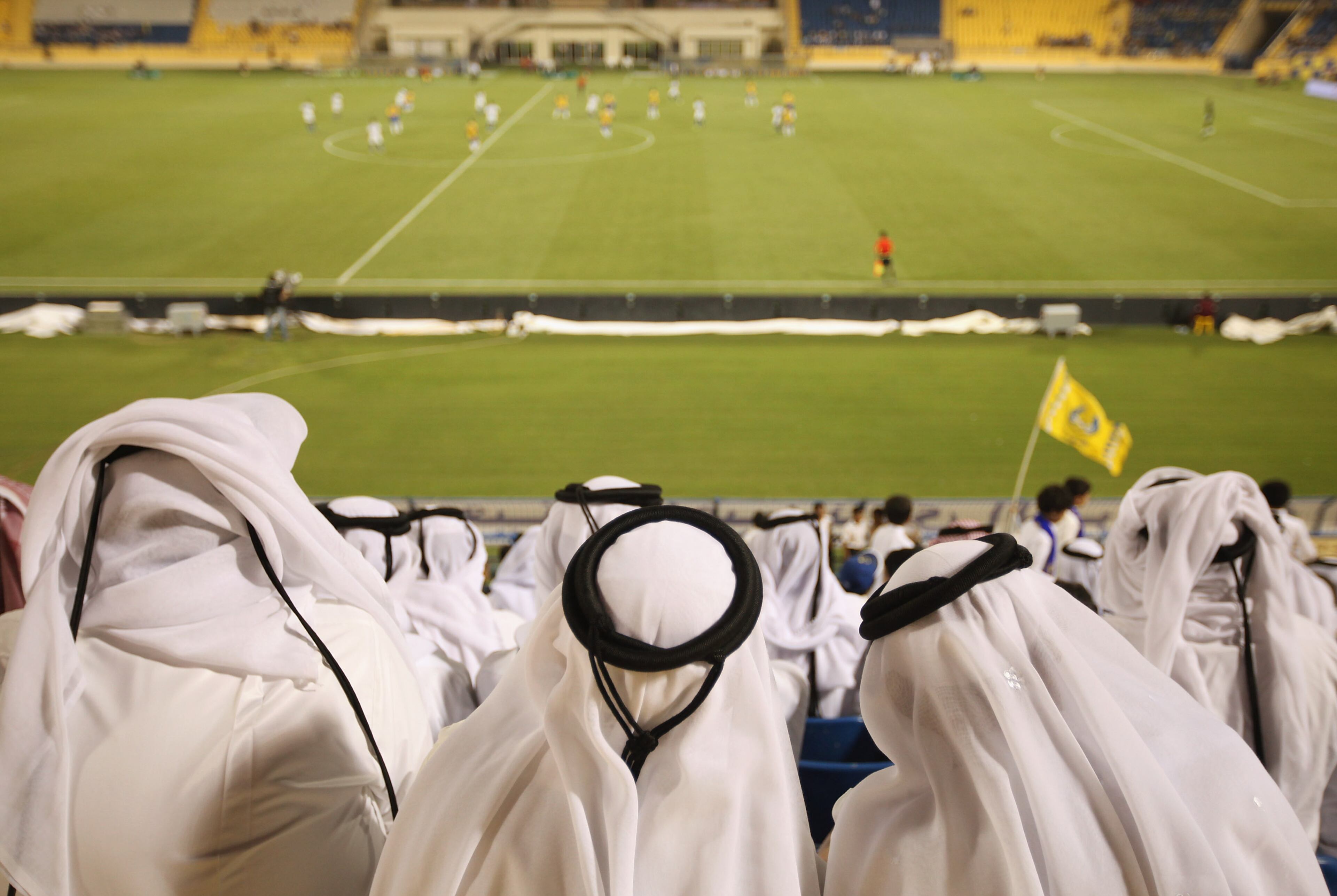
Qatar would be the first Middle Eastern country to host the FIFA World Cup. The 2022 championship is scheduled for November-December.
However, after Saudi Arabia, the United Arab Emirates and Bahrain broke off physical and diplomatic relations with Qatar in June 2017, the prospect of the nation hosting the big event could be under threat.
Due to the aforementioned gulf crisis and controversy surrounding workers’ conditions, many have also expressed concern about the host nation’s suitability.
6. The country has faced criticism from human rights groups for its treatment of migrant workers involved in World Cup 2022 construction.
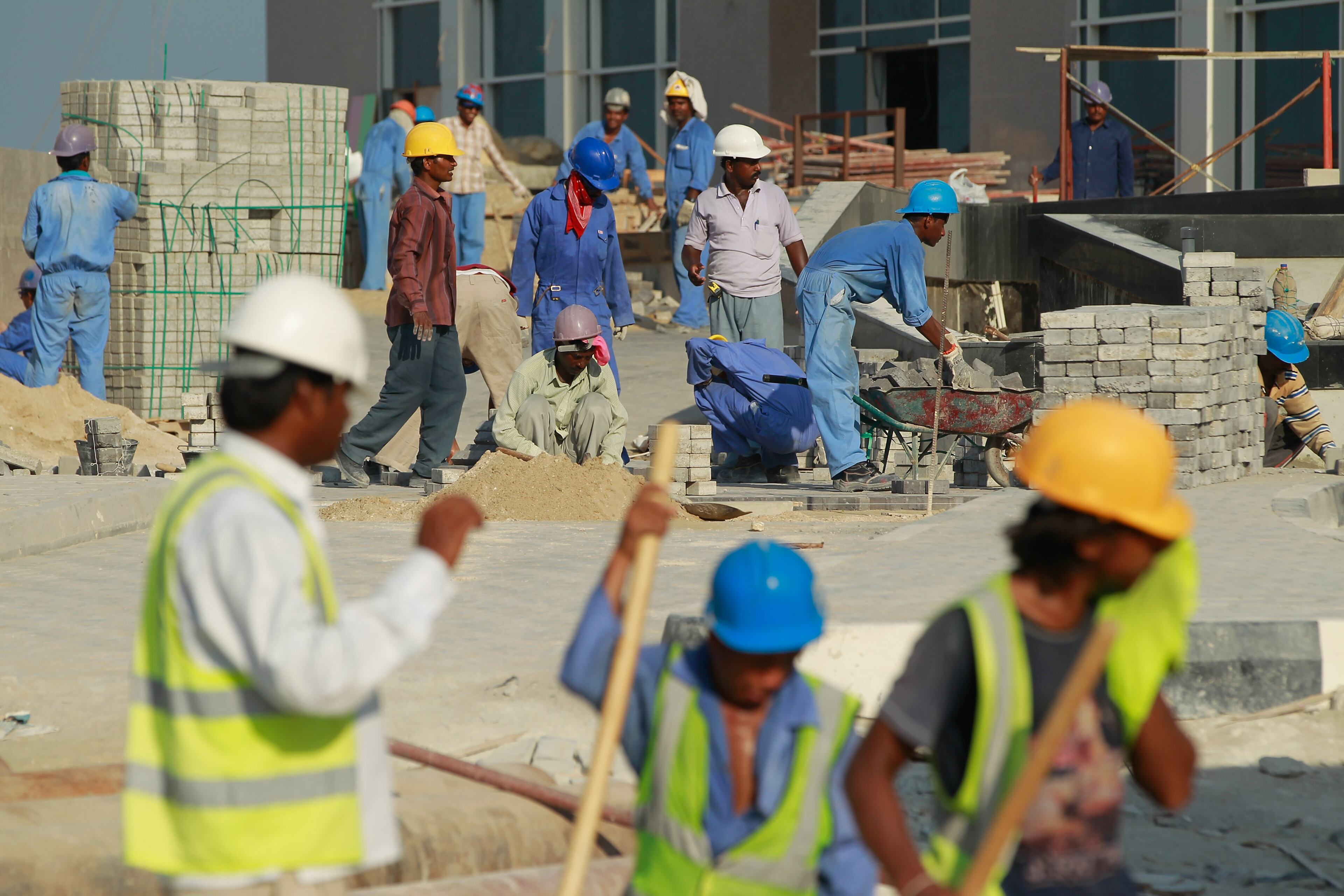
Despite migrants making up the bulk of the country’s workforce, Qatar has been at the center of criticism, with some groups and media outlets likening the treatment of migrant workers as “modern-day slavery.”
In 2016, Amnesty International revealed a report exposing abuse of World Cup workers in Qatar, which won the bid to host the FIFA World Cup in 2022.
The report includes accounts from 132 migrant workers involved in the building of the new system in the country’s capital of Doha.
Many workers reported not being paid for several months, having their passports confiscated by employers to prevent them from leaving the country, being deceived as to the pay or type of work offered, being threatened for complaining about their conditions and being forced to pay high recruitment fees.
The UN officially gave the country one year to end the forced labor and eventually, Qatar eliminated the kafala system, under which migrant workers could only work for their sponsor and had no freedom to either change employers or leave the country without their employers' approval.
But, according to U.S. News, contracts are still often honored by the decision of employers and not by the rule of law.
7. Why are some Arab nations cutting ties with Qatar?
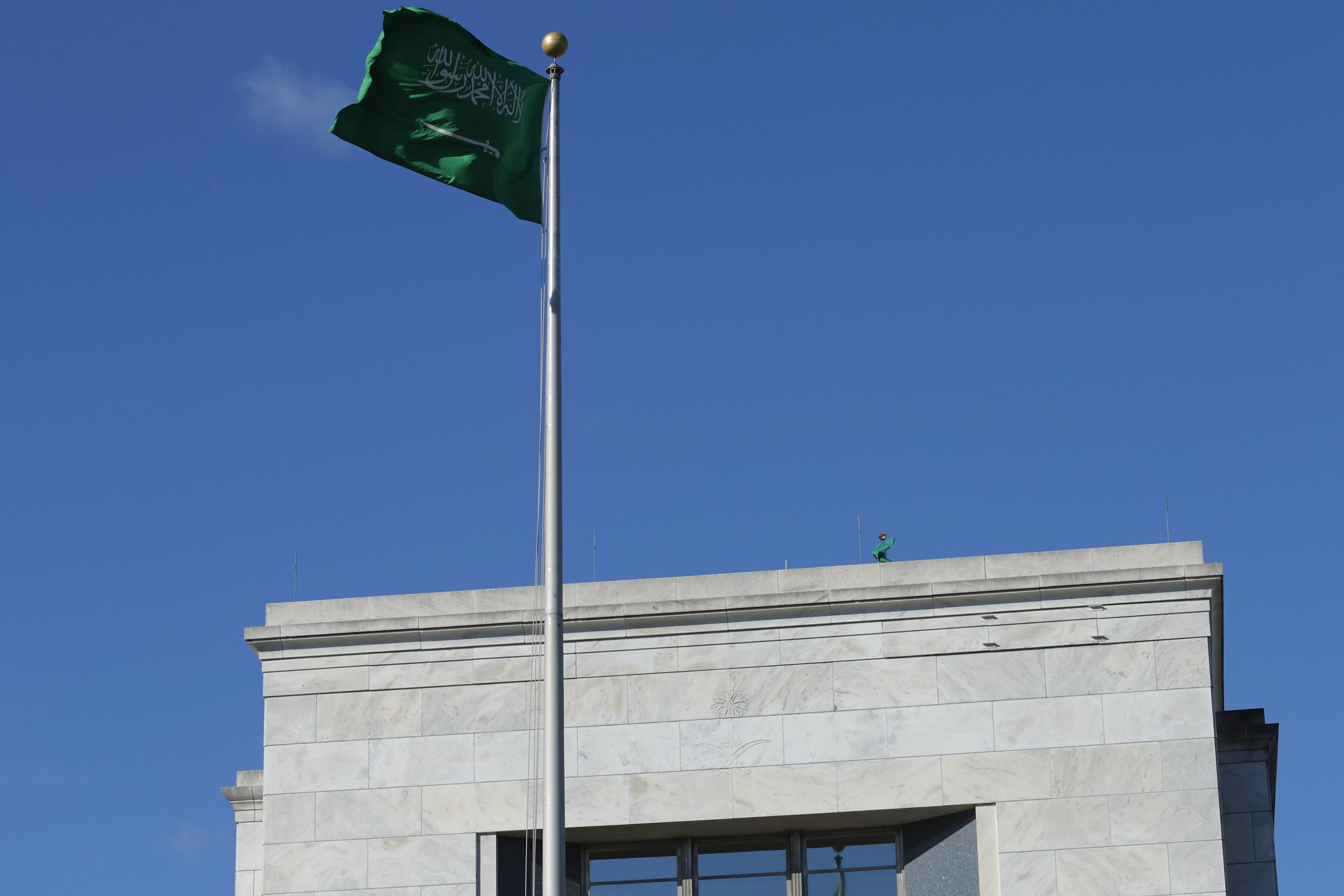
In June 2017, countries such as Saudi Arabia, the United Arab Emirates and Bahrain closed the only land route into Qatar and refused to allow the country to use their sea ports or airspace, the Guardian reported.
The countries broke off diplomatic and physical relations after accusing Qatar of embracing and funding terrorist and sectarian groups that seek to destabilize the Middle East, such as Al-Qaeda and the so-called Islamic State.
Qatar continues to deny the accusations and in a statement, its foreign ministry said the accusations reveal a hidden plan to undermine the state of Qatar.
Previously, according to CNN, a team of U.S. FBI investigators believed Russian hackers are behind a fake news report that led to this gulf crisis.
However, the Washington Post reported in July that, according to U.S. intelligence officials, the United Arab Emirates was behind the hacking of Qatari government news and social media websites where "incendiary false quotes" attributed to Qatari emir Sheikh Tamim Bin Hamad-al-Thani led to the crisis.
The state does, however, maintain ties with Islamist groups such as the Muslim Brotherhood and Hamas.
8. Qatar and the United States
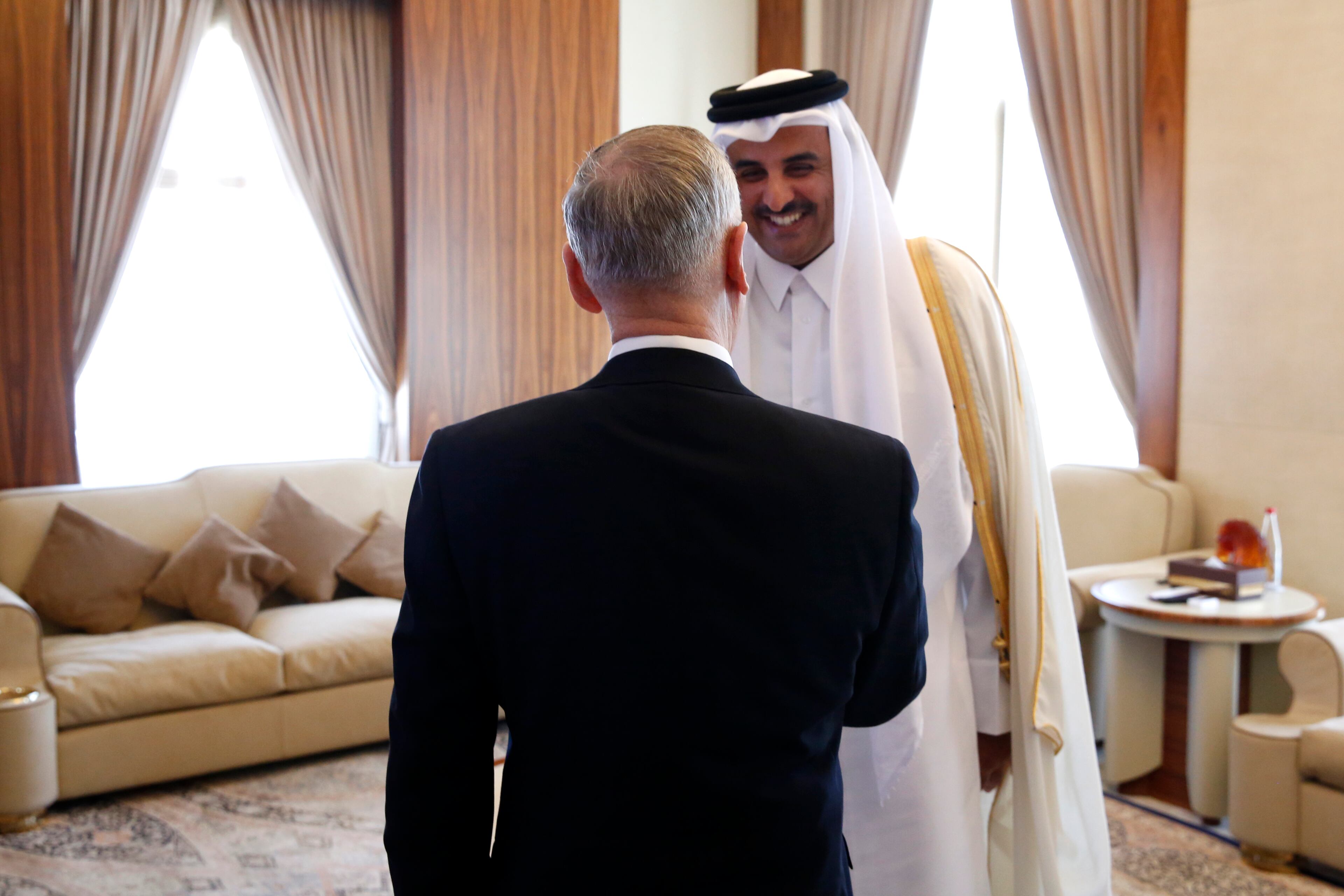
According to USA Today, Qatar has developed close economic ties with the U.S. and is known as a "military partner," housing a major U.S. military base. In 2014 alone, Qatar purchased more than $10 billion in U.S. military equipment.
During the Persian Gulf War in 1990 and 1991, Qatar deployed forces to fight alongside the U.S. The two nations have also had a Defense Cooperation Agreement since 1992.
In addition, state-owned Qatar Airways rents space in Trump Tower in New York. Trump-branded merchandise is also sold in the emirate, USA Today reported.
But after Saudi Arabia and other Arab nations cut off diplomatic and physical ties with Qatar, President Donald Trump tweeted support for the move and added that when it came to funding radical Islam terrorism, “leaders point to Qatar.”
The tweet has led to muddled views of the U.S. stance in the gulf war crisis and its relations with Qatar.
9. And lastly, how do you pronounce “Qatar?”
The correct Arabic pronunciation is Kah-Tr (similar to "cutter” in American English).
This story has been updated.


